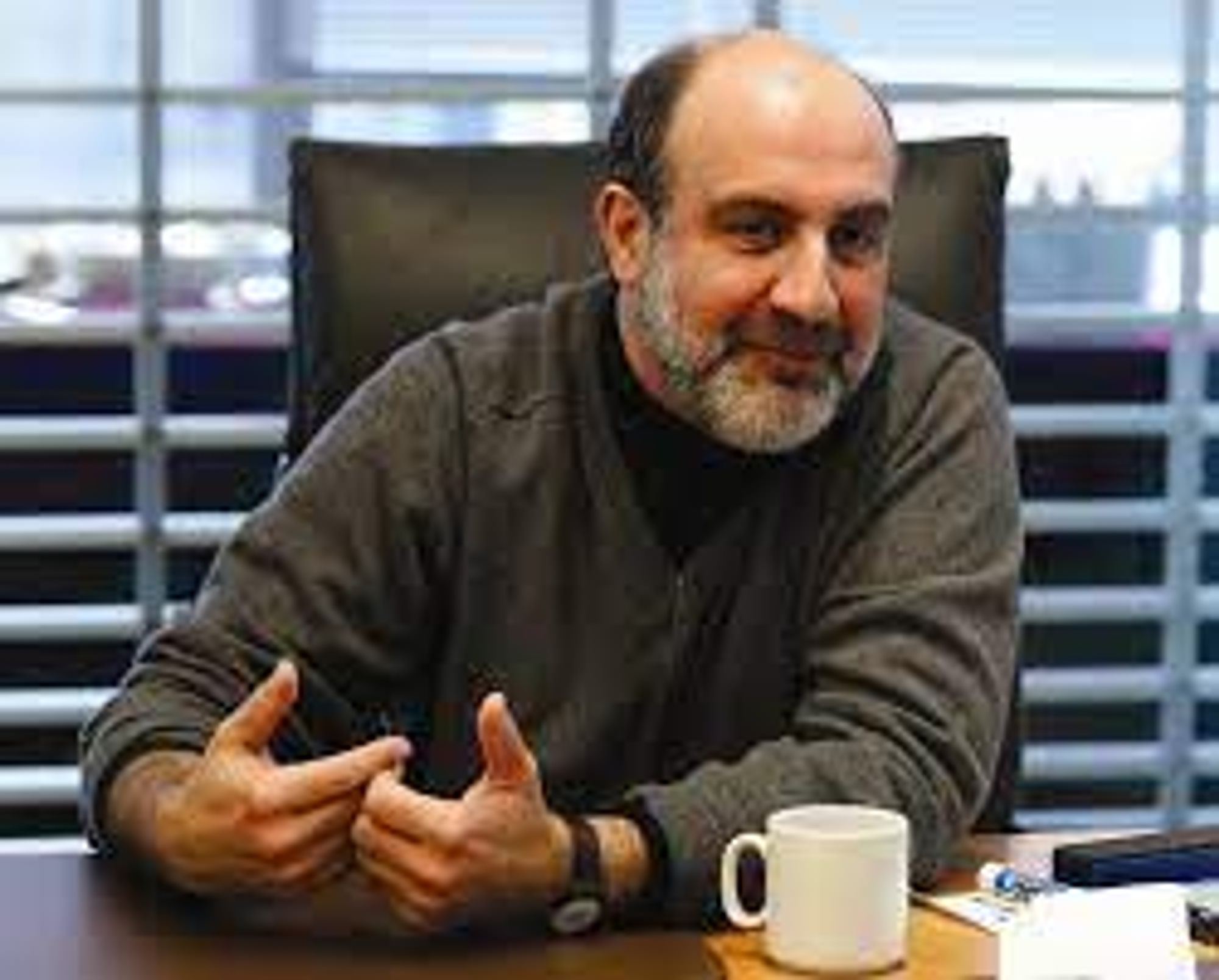- Quick Summary
- View Full Mastery Manual
- Watch Classes
- Masterclass
- Coaching Call #1
- Coaching Call #2
- Other Resources
- Slides
- Related Articles
- Browse Profiles
Quick Summary
The greatest CEOs that we ever studied manage for the quarter… century.—Jim Collins
The most successful entrepreneurs alive today—think Jeff Bezos, Bill Gates, Elon Musk, and Warren Buffett—all share a common trait: They have an extremely long-term time horizon.
Where almost all public company CEOs, not to mention people in general, plan days, weeks, and months ahead and focus their schedule on day-to-day activities, these visionaries think decades or even centuries into the future and focus their daily schedule on activities that won’t pay off for years. And they don’t just plan: They put their money where their mouths are. They make bold bets that won’t pay off anytime soon — and that even have a high probability of failure.
In fact, I would say that these long-term thinkers and investors redefine what it means to have a long-term time horizon.
When I first came across this surprising observation, I wrote it off as a quirk. But as I’ve studied more of the world’s top entrepreneurs more deeply—taking an especially close look at Jeff Bezos and Amazon—my opinion slowly shifted over the course of several years.
I started to wonder whether a long-term time horizon is actually a universally powerful and foundational life and business strategy that we should all adopt.
To get a deeper answer than cliché sound bites, I read every shareholder letter that Bezos has written, every annual report from Amazon.com, and nearly every interview that Bezos has done over the last 20 years.
Over time, I’ve come to see how the long game mental model is not just one of Jeff Bezos’ mental models. It is his No. 1 mental model. Without this frame, none of Jeff Bezos’ other mental models would make sense.

/w=1920,quality=90,fit=scale-down)








